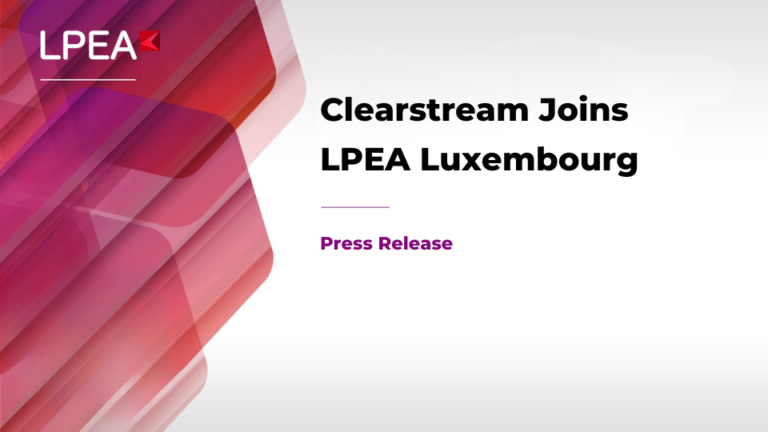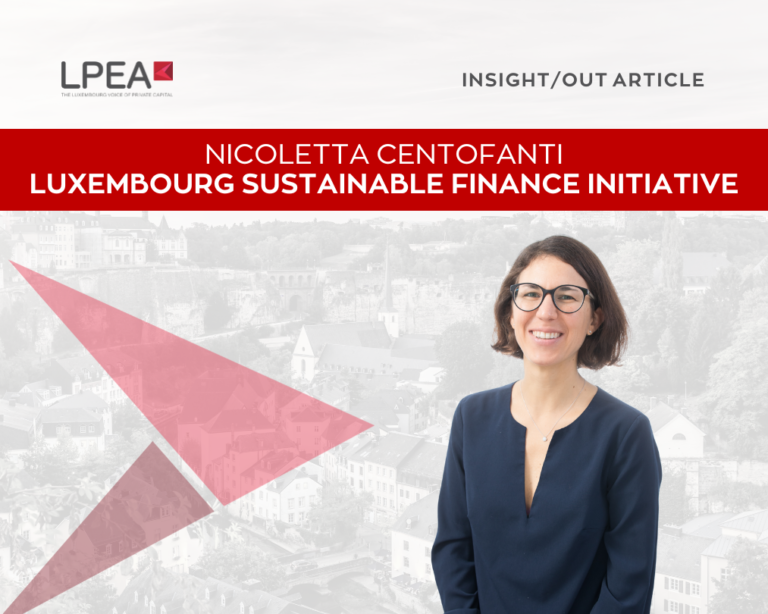By Nicolas Milerioux – Head of Venture Capital at Encevo and co-chair of the LPEA/LOIC CVC Club and Luís Galveias – COO of LPEA
As featured in LPEA Insight/ Out magazine #18, May 2021.
In recent years Luxembourg has seen an increase of the Corporate Venture Capital (CVC) activity. For those less familiar with the concept, CVC consists of established companies investing in start-ups.
To shed some light on such activities, LPEA hosted a webinar in collaboration with the Luxembourg Open Innovation Club (LOIC), powered by the House of Startups. During the discussion we learned that this corporate investment may be comprised of different forms and objectives.
The discussion gathered a mix of local and international corporates: BGL BNP Paribas, Chanel, Encevo, Paul Wurth and the POST Luxembourg, who openly shared experience and brought to light not only track records and lessons learnt, but also positive outlook on such activities in the years to come.
First, investment in CVC can be direct through minority participations, like Paul Wurth, Chanel and Encevo sometimes do on an ad-hoc basis (BGL BNP Paribas Development will do that soon as well). However, it can also be indirect, through venture capital funds, like POST Luxembourg did with the Luxembourg Digital Fund and Orbital Ventures. BGL BNP Paribas Development recently joined this group by launching its own investment initiative. It means that corporates can either or both be co-investors or LPs for non-corporate venture capital funds.
Conducting CVC-type activities, regardless of their depth or form, is particularly relevant for mature companies to track innovative trends in their respective industries and, when business units see opportunities in sight, create long-lasting, active relationships at the right moment in time.
Even though the CVC’s activity usually means direct investment in the firm, tangible value can be extracted from such exchanges for competitive market watch and on positive values for the corporate culture. In turn, early stage companies benefit from long-run industry experience.
For Luxembourg in particular, CVC activities imply potential strategic partnerships with domestic and relocating early stage companies. It is also an obvious support for the local ecosystem including incubation structures (Paul Wurth Incub and Technoport in particular). Until recently BGL BNP Paribas also hosted the Lux Future Lab.
All panelists finally concurred that the Luxembourg entrepreneurial ecosystem has significantly gained maturity in the past decade supporting greater variety of start-ups, therefore enlarging the pond to fish from. However, corporates would still like to see more seed stage funding, as those are usually prior to their investments.
Luxembourg being a small country comes with the advantage of having a very collaborative ecosystem between corporates. The LOIC is a good example of how to bring “open innovators” as well LPEA is in bringing venture capital investors together. We are confident that this is just the first step towards a broader CVC movement in Luxembourg. In addition, LPEA and LOIC have recently launched an initiative to join forces on this journey.
CVC-LIKE ACTIVITIES ANCHOR TANGIBLE BUSINESS RELATIONSHIPS, BETWEEN EARLY STAGE COMPANIES AND LUXEMBOURG-BASED CORPORATES. THIS IS A STRONG BUILDING BLOCK FOR A START-UP FRIENDLY
NATION AND POSITIONS LUXEMBOURG AS A DEALMAKING (AND NOT ONLY DEAL-STRUCTURING) PLACE. I’M THRILLED TO SEE MORE AND MORE CORPORATES EMBARKING ON THIS JOURNEY.




